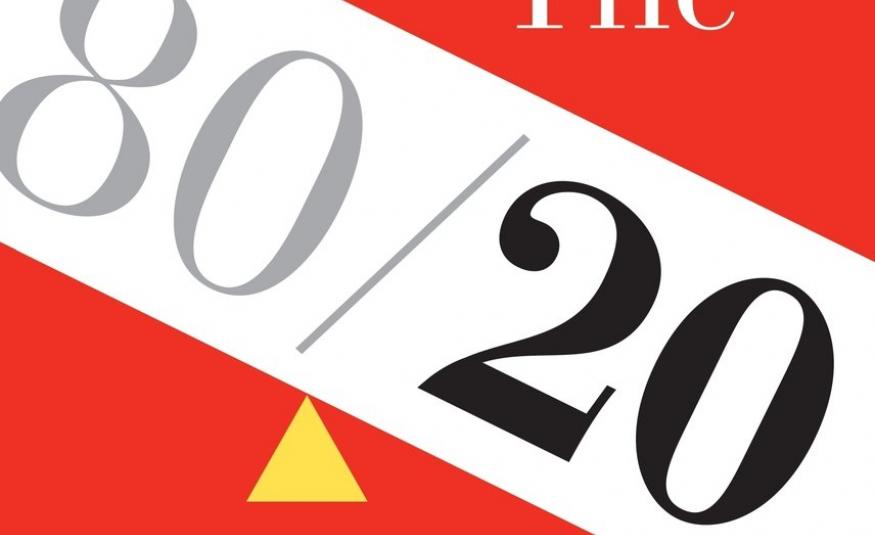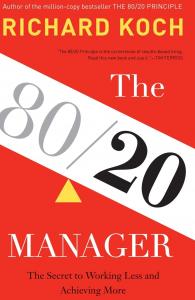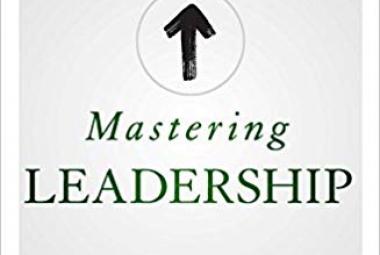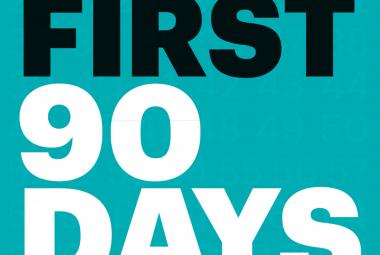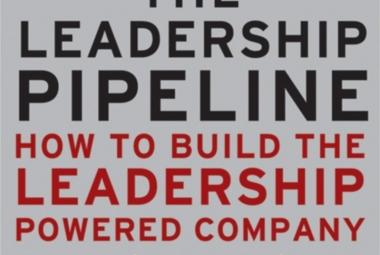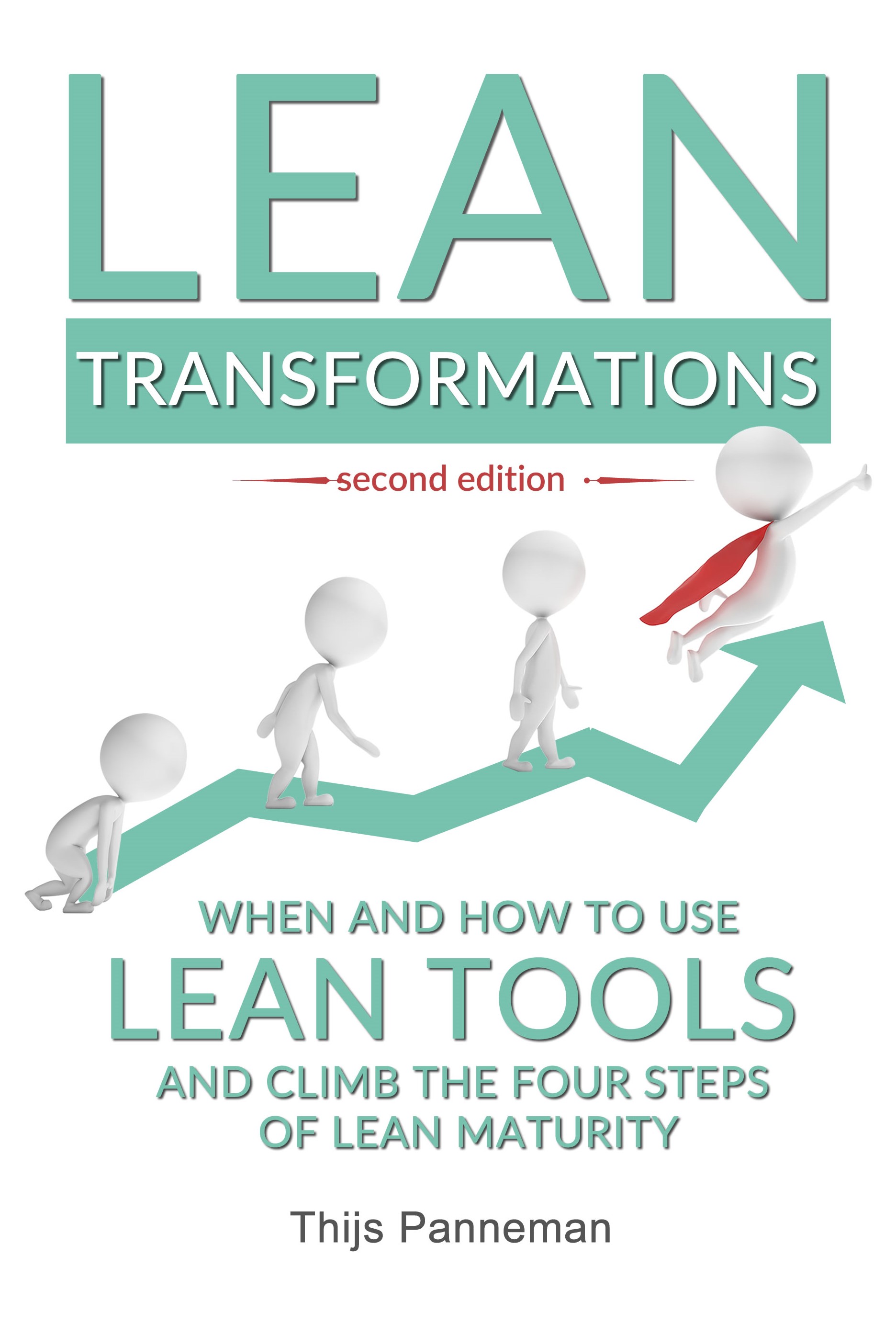The 80/20 Manager of Richard Koch describes how the famous Pareto principle, the 80/20 rule, is translated into a dozen management principles. Pareto discovered through observation that 80% of the wealth of the UK is in 20% of the population. Later it appears that Pareto principle can be found in many other ways. 80% of the results are generated by 20% of the input, 80% of the turnover is generated by 20% of the products, 80% of the problems that arise, arise by 20% of the customers, etc. The basic idea of Pareto is therefore: 'very few things matter, but what matters, does a lot of things right away'. This article describes 10 interpretations of the 80/20 principle for managers.
An 80/20 manager is an investigating manager, who always knows how to ask the right questions. Which 20% of the customers deliver 80% of the turnover? And which 20% of the customers provide 80% of the additional work? These questions help to set the right priorities. In addition, he thinks before asking every question, to be sure that asking the question really contributes to something.
An 80/20 manager is a super networker. As a networker he thinks about which 20% of his connections are the most valuable: the so-called 'hubs'. In general, these are the connections with as many different backgrounds, courses and companies as possible. The more diverse the network, the more possibilities.
An 80/20 manager is also a mentor. The mentor principle fits in perfectly with the Pareto principle: with only a small amount of time investment per employee week, you can motivate the employee for a whole week. Of course, the 80/20 manager focuses on the 20% employees who benefit the most from the coaching process, and also has several mentors herself.
An 80/20 manager is an influential manager. These are the managers who have more influence over other managers and can get their influence from the fact that he cares about his employees, he has more self-confidence, creates good ideas, makes the right decisions (see also the investigating manager) and is a reliable person.
An 80/20 manager is a liberating manager, a theory Y manager, who understands that employees are motivated by creativity, collaboration and pleasure in the use of their skills. This is in contrast to the theory X manager, who tries to send his employees by means of command and control. (theory X and Y are from Douglas McGregor).
An 80/20 manager is a manager who looks for meaning, to feel good. You experience meaning when: your work does what you gives you a kick, the work lets you gain rare knowledge, the organization is guided by inspiration instead of fear, you like your colleagues and supervisor, and the organization as a whole goes well.
The 80/20 manager is the manager who always has time off. It is the managers who understand that doing much is not the same as being effective. Tips for creating more time are simply reducing the number of hours you work, predefining one of the most important tasks of the day, and planning as few fixed meetings as possible.
An 80/20 manager is a simplifying manager. He always focuses on simplifying everything in the organization: product portfolio, work instructions, reports, the organization hierarchy.
Cohesive with the manager who always has time off, the 80/20 manager is an intelligent lazy manager. It is the manager who is so brilliant that he succeeds in finding shorter paths to success (of course by applying the 80/20 rule). Exactly in front of this manager is the hard-working stupid manager, who is always busy doing idle work, but also bothering others with creating meaningless work for them. The latter must be let go as quickly as possible.
Finally, the 80/20 manager is also a strategic manager, which means that they have a vision and an idea of how this vision is realized. He also has the courage and the determination to make them come true.
In '80/20 manager' Richard Koch describes how the Pareto principle is translated into management ideas. It helps managers think about how they spend their time and influence that of others. All in all, an interesting book.
Continue to:
Good to Great - J.Collins (summary)
REFERENCE:
Koch, R. (2013). The 80/20 Manager - Ten Ways to Become a Great Leader. London: Piatkus. (order this book)

